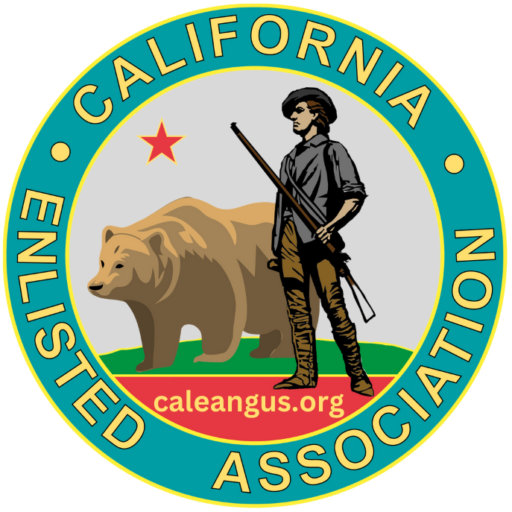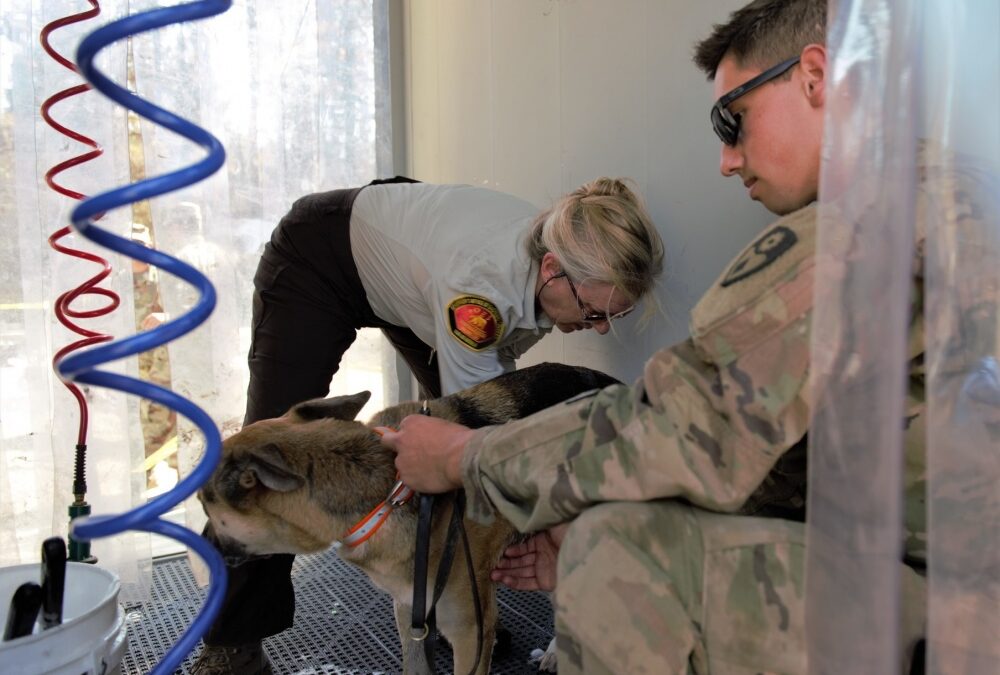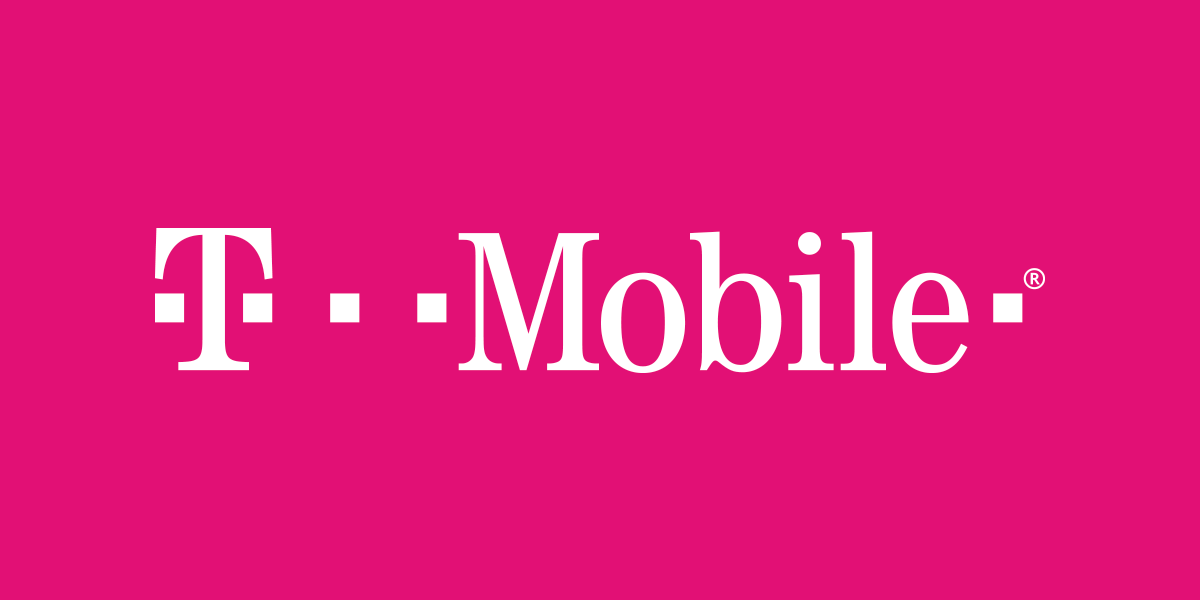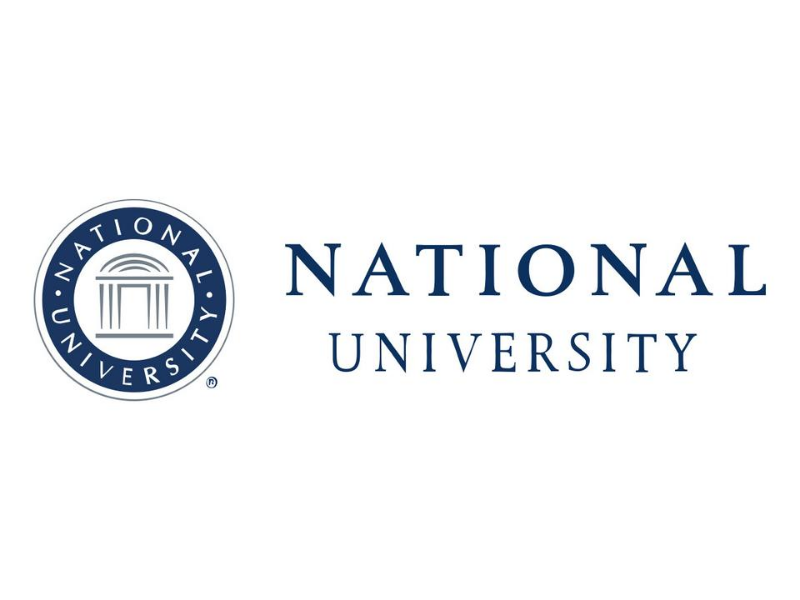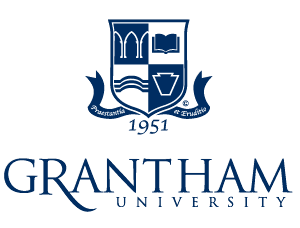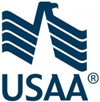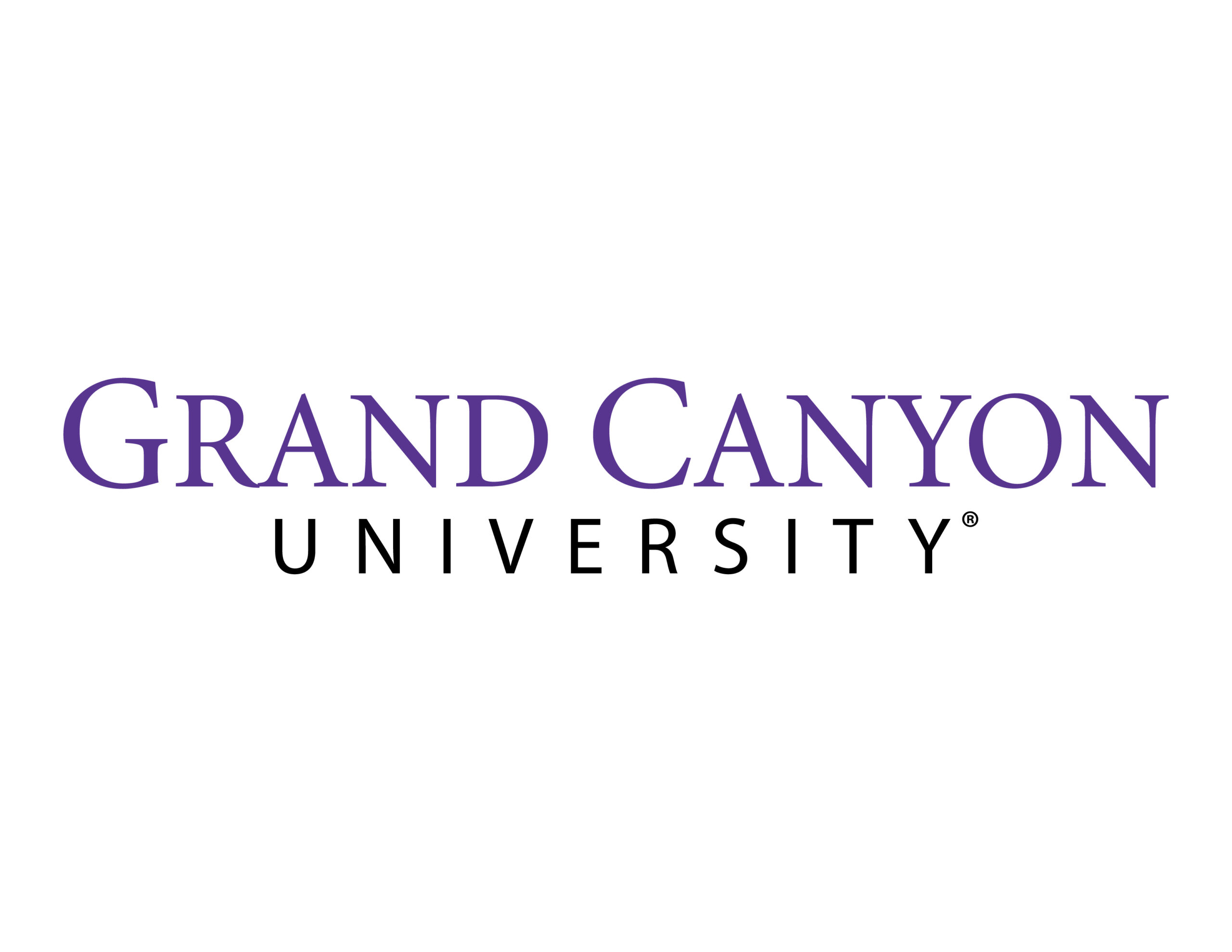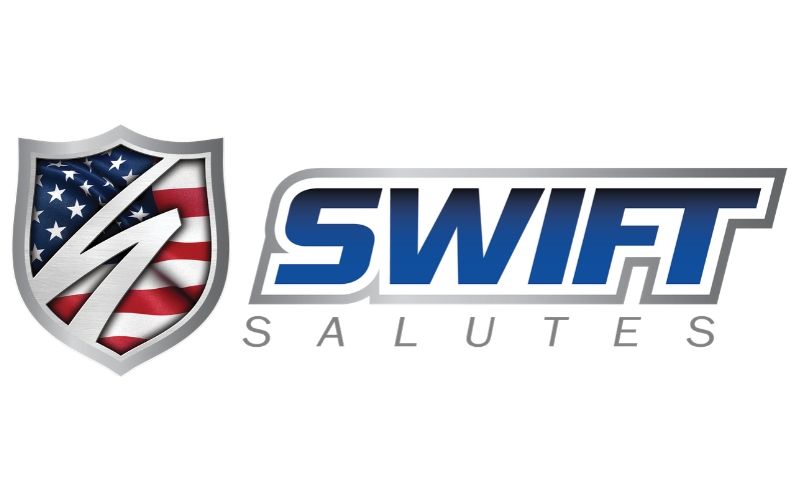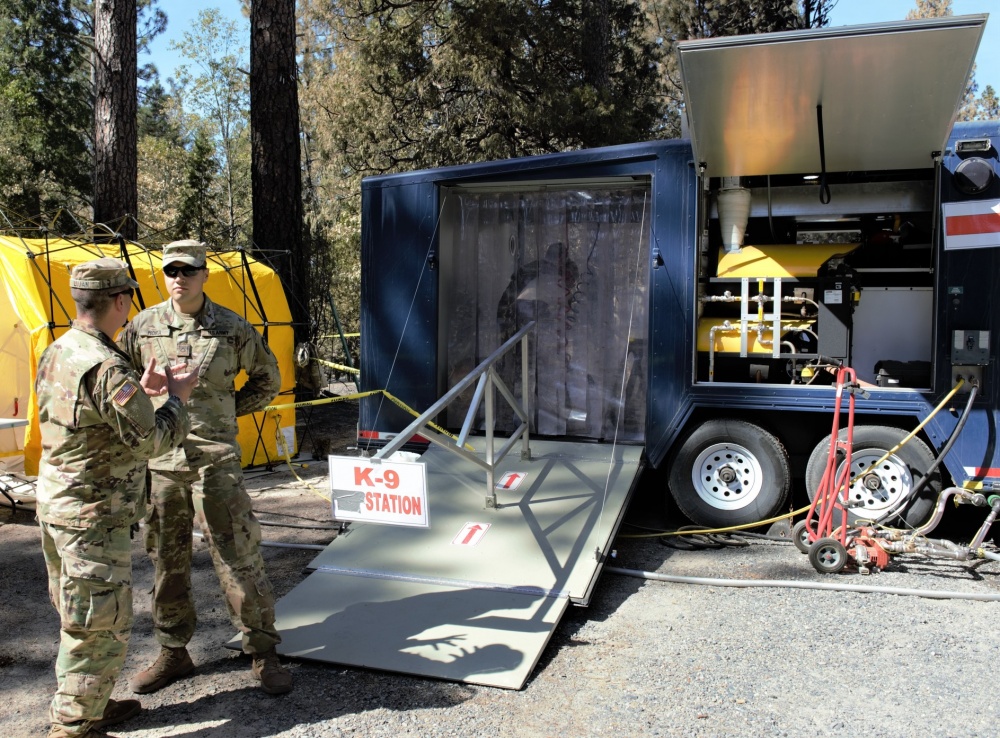
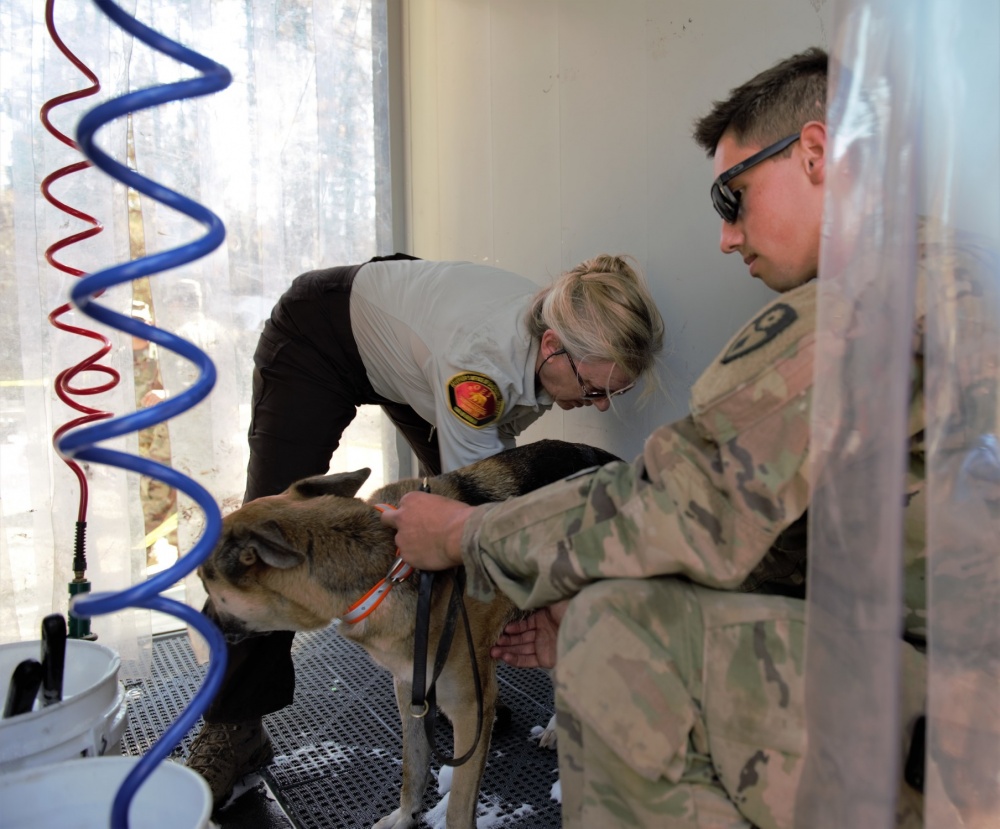

Story by Staff Sgt. Amanda Johnson
BERRY CREEK, Calif. – In a small clearing off a narrow winding road with scorched black landscape on both sides, the California Army National Guard’s Lathrop-based 149th Chemical, Biological, Radiological, and Nuclear (CBRN) Company, 49th Military Police Brigade, sets up a decontamination unit. Among the burned vestiges of homes, a dark blue trailer staged with water hoses and buckets of soapy water sits ready for visitors.
The sound of a small generator powering the decontamination trailer echoed amongst the singed pine trees and fire-ravaged building fragments. The stale smell of smoke from smoldering rubble dominated the area.
“It’s mind boggling,” said U.S. Army Capt. Anna Yribe, the commanding officer of the 149th. “There were remnants of homes, melted trailers, melted boats, even the guard rails are all gone.”
After the inferno of the North Complex Fire passed over this community, federal, state, and local agencies began the recovery process. This includes search and rescue volunteers that explore the charred landscape on or near homes lost to the encompassing flames.
“We are a hazard response unit, primarily functioning with decontamination,” said Yribe. The volunteers walk through a lot of ash, dirt, and other fire debris that may leave harmful residue on them, their service animals, and equipment. “The searchers are coming through our decontamination lane to remove that debris, so their equipment and they are clean.”
Once search and rescue teams return from clearing an area, they walk through the decon lane. The trailer provides fresh pressurized warm water and soap to clean off their uniform and equipment. Dry towels await them once they exit the trailer.
Some search and rescue teams include four-legged partners, service dogs trained and certified in these types of operations. A 4-year-old German Shepherd named Mesa, with the California Rescue Dog Association (CARDA), reported to the trailer for his bath after a long day on the mountain. The Guardsmen were more than happy to assist.
“They come through and it’s always a big spectacle; everyone wants to see the dogs go through,” said U.S. Army Sgt. Ryan Clay, a non-commissioned officer with the 149th. He chuckled as he described Soldiers’ reactions when a dog would get showered and cleaned off in the trailer. “You can tell they love it… they get washed off, then that tail starts wagging and they’re ready to get dirty again.”
The company is part of the Cal Guard’s Homeland Response Force (HRF), charged with responding to chemical, biological, radiological, nuclear (CBRN) and high-yield explosive events in FEMA Region IX. During this operation, the team is responsible for ensuring potential caustic or hazardous residue volunteers may walk through are cleaned off before they leave the fire footprint.
“Ash contains a lot of different contaminates and chemicals,” said Clay. Common house-hold items like bleach, paint, electrical appliances and the like are toxic after a fire. “You never know what you’re going through, so that stuff needs to be cleaned off of them. That’s what we’re here to do.”
Clay has responded to several similar fire incidents during his seven years in the Cal Guard. From the devastation in Santa Rosa, Redding, and Paradise, to the current recovery operations in Butte County, the impact of fires on California is widely felt.
“You can’t take anything for granted,” Clay said remembering his first experience on the Tubbs fire that destroyed more than 5,500 structures and 36,000 acres. “It doesn’t matter how much money you get from insurance, nothing is going to replace what you had.”
